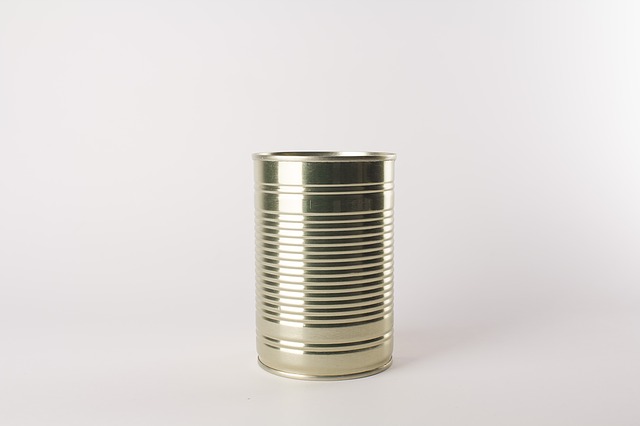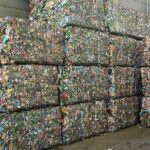 Before it even gets to the point of being processed into containers, which is another energy-intensive method, aluminum is mined from the earth using energy-intensive mining methods. Since mining virgin aluminum consumes so much energy, recycling even a single aluminum will save a lot of energy.
Before it even gets to the point of being processed into containers, which is another energy-intensive method, aluminum is mined from the earth using energy-intensive mining methods. Since mining virgin aluminum consumes so much energy, recycling even a single aluminum will save a lot of energy.
Aluminium Byproducts
The refining of virgin aluminium produces hazardous byproducts. According to the EPA, the aluminium refining process produces one ton of waste for every ton of aluminium generated. High levels of potentially harmful minerals like arsenic and chromium, as well as radioactive materials like radium and uranium, are found in these refinery byproducts, known as muds.
These muds are contained in impoundments because they have no use. Aluminium can be obtained by recycling your aluminium can.
Mining and refining virgin aluminium to produce aluminium generate pollutants at all stages of the process. Mining produces runoff that can pollute soil and waterways. Mining and refining virgin aluminium also produces greenhouse gases as well as sulfur dioxide and nitrogen oxide, two emissions associated with acid rain.
Aluminium mining also results in habitat destruction and displacement of native peoples in countries that mine aluminium.
Recycling aluminium eliminates the need for many of the most destructive practices associated with aluminium production.
DCODE by Discovery explains the history of aluminium from mining to recycling.
Learn more on DCODE by Discovery
 Aluminium cans can be found almost anywhere. Every year, 180 billion of them are used around the world! Fortunately for us, aluminium can almost forever be recycled into new products. Upcycling them into useful and innovative ventures is another environmentally friendly solution that can be more interesting than recycling. Upcycling aluminium cans gives them a new lease on life while reducing the energy and fossil fuel costs associated with conventional recycling.
Aluminium cans can be found almost anywhere. Every year, 180 billion of them are used around the world! Fortunately for us, aluminium can almost forever be recycled into new products. Upcycling them into useful and innovative ventures is another environmentally friendly solution that can be more interesting than recycling. Upcycling aluminium cans gives them a new lease on life while reducing the energy and fossil fuel costs associated with conventional recycling.
The special properties of old vehicles can be recycled and reused. This has the ability to reduce CO2 emissions while also allowing us to reuse more aluminium in the manufacturing process.

Recycling aluminium cans, keeps them out of landfills and incinerators, allowing raw materials to be used to produce fresh cans in a less energy-intensive and environmentally damaging way than manufacturing them from virgin materials.
Aluminium is sent to material recycling plants via recyclers. The aluminium goes through sorting and bailing. Aluminium bails are purchased by manufacturers, who then refine the metal before melting it into solid metal blocks known as ingots. After another melting phase, the ingots are transformed into fresh aluminium cans. These new aluminium cans are purchased by beverage producers for sale of their products.
A number of aluminium parts in the automotive industry are made of high-quality recycled aluminium. Since recycled aluminium is lightweight, it is fuel-efficient when melted and shaped into the form of an automobile parts.